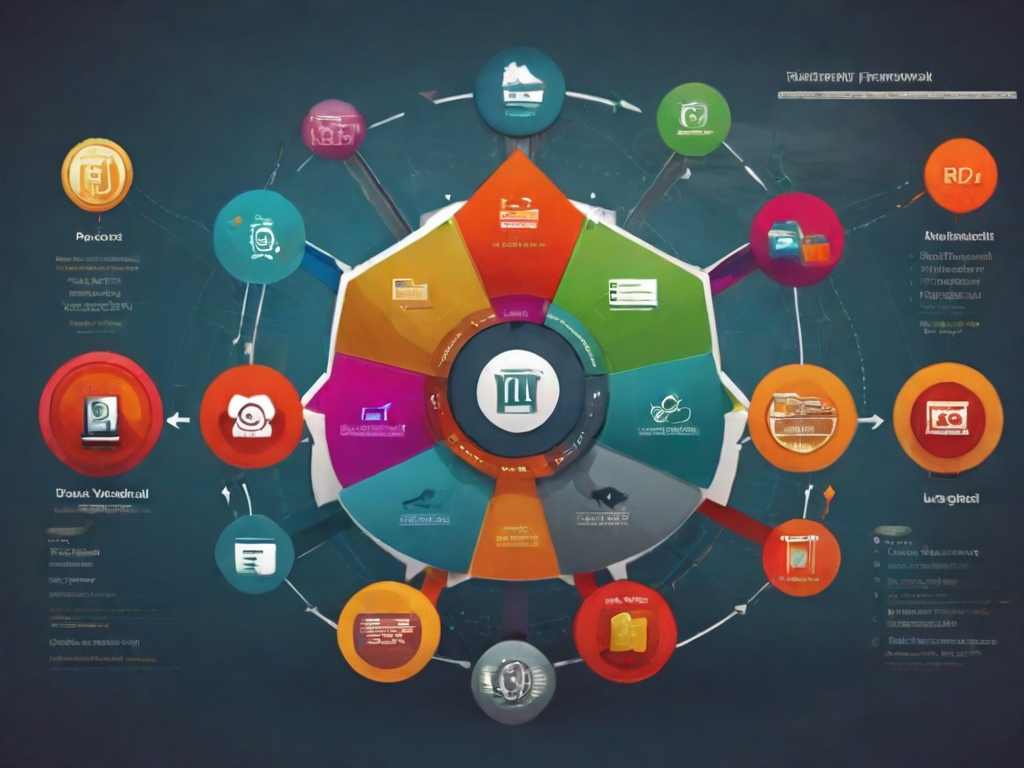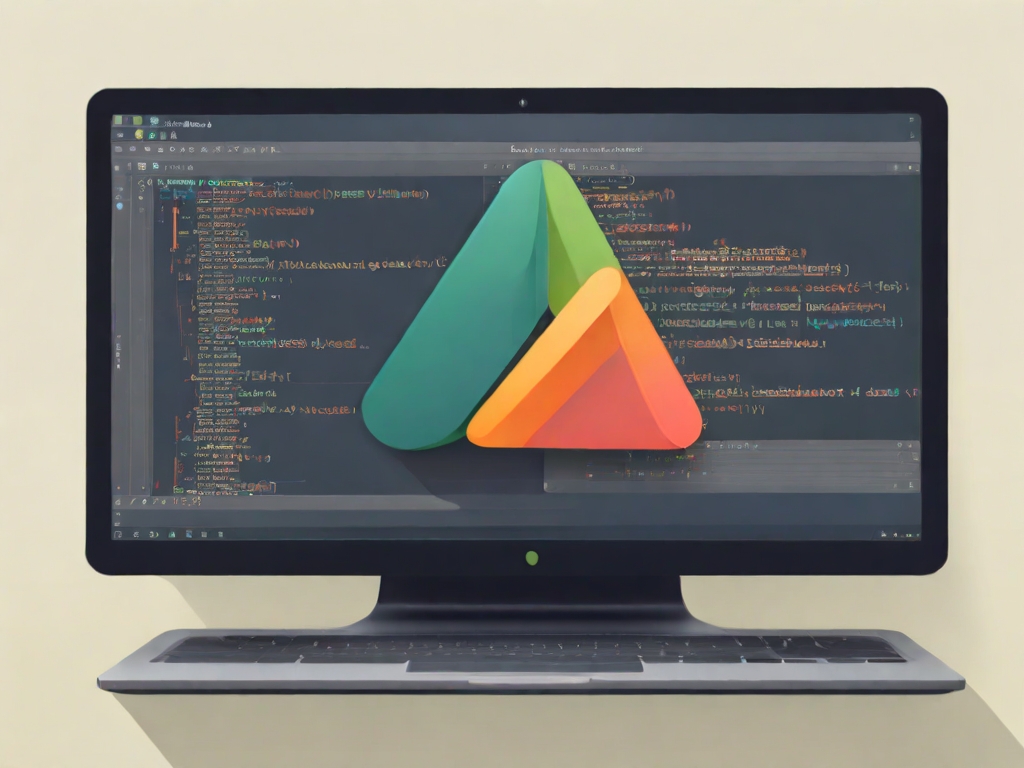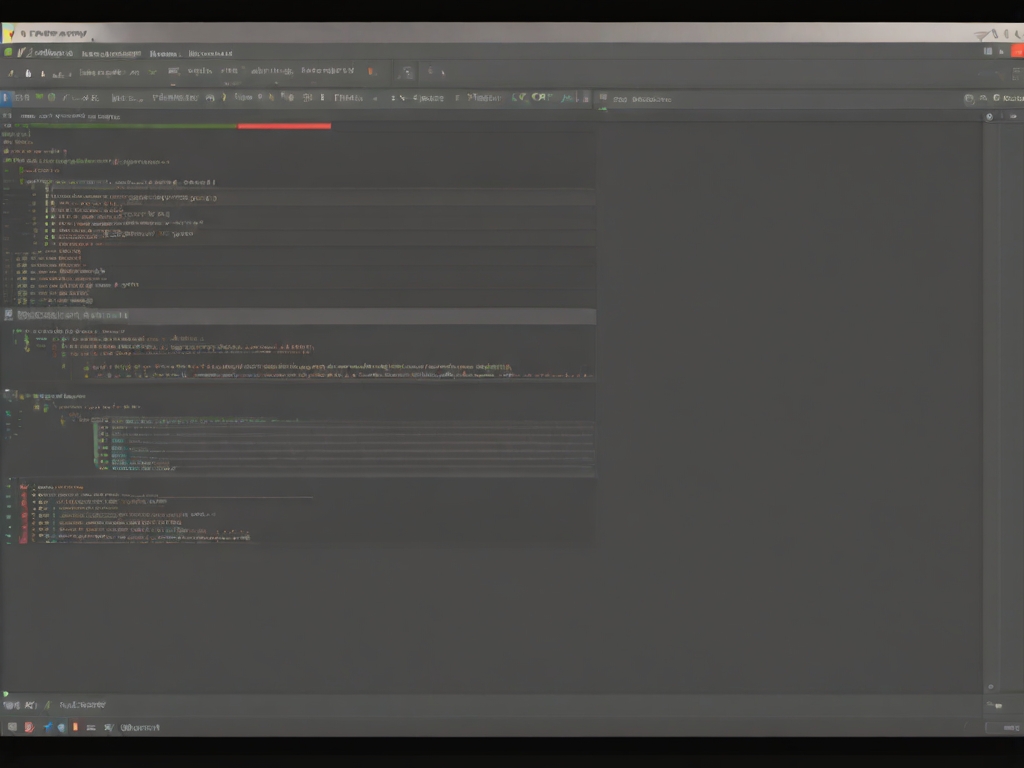
In the fast-paced realm of web development, frameworks often rise and fall, leaving developers pondering the fate of their favorite tools. One such framework that has been a cornerstone of PHP development for years is Codeigniter. With its simplicity, flexibility, and robust features, Codeigniter has been a go-to choice for many developers worldwide. However, in recent times, whispers of its demise have circulated within the development community. Is Codeigniter truly dead, or is it merely evolving? In this comprehensive exploration, we delve into the history, current status, and future prospects of Codeigniter to uncover the truth.

A Brief History of Codeigniter
Codeigniter emerged in 2006, developed by EllisLab as an open-source PHP framework. It quickly gained popularity due to its lightweight footprint, straightforward configuration, and excellent documentation. Its Model-View-Controller (MVC) architecture provided developers with a structured approach to building web applications, fostering rapid development without imposing excessive constraints. Codeigniter’s user-friendly nature attracted a vast community of developers, contributing to its ecosystem with plugins, libraries, and tutorials.

The Rise of Competitors and Challenges Faced
As Codeigniter flourished, the landscape of web development evolved. New frameworks such as Laravel, Symfony, and Yii entered the scene, offering modern features and enhanced performance. These competitors showcased advancements in PHP development, enticing developers with features like ORM (Object-Relational Mapping), artisan command-line tools, and robust template engines. While Codeigniter maintained its simplicity and ease of use, its lack of some advanced features made it less appealing to developers seeking cutting-edge solutions.
Moreover, the PHP ecosystem itself underwent significant transformations with the release of PHP 7, introducing substantial performance improvements and modern language features. Frameworks like Laravel capitalized on these advancements, leveraging PHP 7’s capabilities to enhance speed and efficiency. Codeigniter, initially designed for PHP 4 and 5 compatibility, faced challenges in adapting to the evolving PHP landscape, leading to concerns about its relevance in modern development practices.

The Codeigniter Community: A Pillar of Support
Despite facing competition and technological shifts, Codeigniter maintained a dedicated community of developers and enthusiasts. The Codeigniter forums, mailing lists, and social media channels remained active hubs for knowledge sharing, troubleshooting, and collaboration. Seasoned developers continued to advocate for Codeigniter’s strengths, citing its low learning curve, clear documentation, and versatility in various project scenarios.
Additionally, Codeigniter’s backward compatibility and stability appealed to businesses and developers working on legacy projects or seeking dependable solutions for long-term support. While newer frameworks showcased innovation, Codeigniter’s reliability and ease of maintenance ensured its continued usage in specific niches and industries.

The Evolution of Codeigniter: Version 4 and Beyond
Recognizing the need to adapt to changing demands, EllisLab initiated efforts to revitalize Codeigniter with the release of Version 4. This update aimed to modernize the framework, incorporating PHP 7 compatibility, improved performance, and enhanced security features. Version 4 also introduced namespace support, Composer integration, and updated database abstraction layers, aligning Codeigniter with contemporary development standards.
Furthermore, the Codeigniter community actively contributed to the framework’s evolution, developing extensions, packages, and third-party integrations to augment its capabilities. Projects like Codeigniter Rest Server, Ion Auth, and Codeigniter 4 Admin Panel provided developers with tools to streamline development workflows, integrate modern features, and extend Codeigniter’s functionality.

Assessing Codeigniter’s Relevance in 2024 and Beyond
In light of the framework’s evolution and the changing landscape of web development, the question remains: Is Codeigniter dead? The answer is nuanced. While Codeigniter may not command the same level of attention as newer frameworks like Laravel or Symfony, it continues to serve a vital role in the PHP ecosystem.
For developers seeking simplicity, stability, and familiarity, Codeigniter remains a compelling choice. Its gentle learning curve, clear documentation, and predictable behavior make it an excellent option for prototyping, small to medium-sized projects, and scenarios where rapid development is paramount. Additionally, Codeigniter’s extensive library of plugins and active community support ensure developers have access to resources and assistance when needed.
However, it’s essential to acknowledge Codeigniter’s limitations, particularly in the context of large-scale, enterprise-grade applications requiring complex features and scalability. In such scenarios, developers may opt for frameworks offering built-in support for features like queues, broadcasting, and robust ORM implementations.

Looking to the Future: Codeigniter’s Prospects
As we look ahead, Codeigniter’s future appears promising, albeit with some caveats. The framework’s recent updates, community contributions, and continued usage demonstrate its resilience and adaptability. EllisLab’s commitment to maintaining and improving Codeigniter ensures that it will remain a viable option for PHP developers in the foreseeable future.
However, to stay relevant in an ever-evolving landscape, Codeigniter must continue to evolve and embrace modern development practices. This includes further enhancements to performance, compatibility with emerging PHP versions, and integration with contemporary technologies and standards.
Moreover, fostering community engagement, encouraging contributions, and providing comprehensive documentation are crucial for sustaining Codeigniter’s longevity and relevance. By leveraging the collective expertise and passion of its community, Codeigniter can continue to thrive and serve as a valuable tool for PHP developers worldwide.

Conclusion
In conclusion, rumors of Codeigniter’s demise are greatly exaggerated. While the framework may not dominate headlines or GitHub stars like some of its competitors, it remains a dependable and pragmatic choice for PHP developers. Its simplicity, stability, and supportive community ensure that Codeigniter will endure, catering to developers’ diverse needs and preferences.
As technology evolves and development trends shift, Codeigniter must continue to adapt and innovate to remain competitive. By embracing modern practices, engaging with its community, and evolving with the PHP ecosystem, Codeigniter can carve out a sustainable niche in the ever-changing landscape of web development.
So, is Codeigniter dead? Far from it. It’s alive, evolving, and poised to thrive in the years to come.
